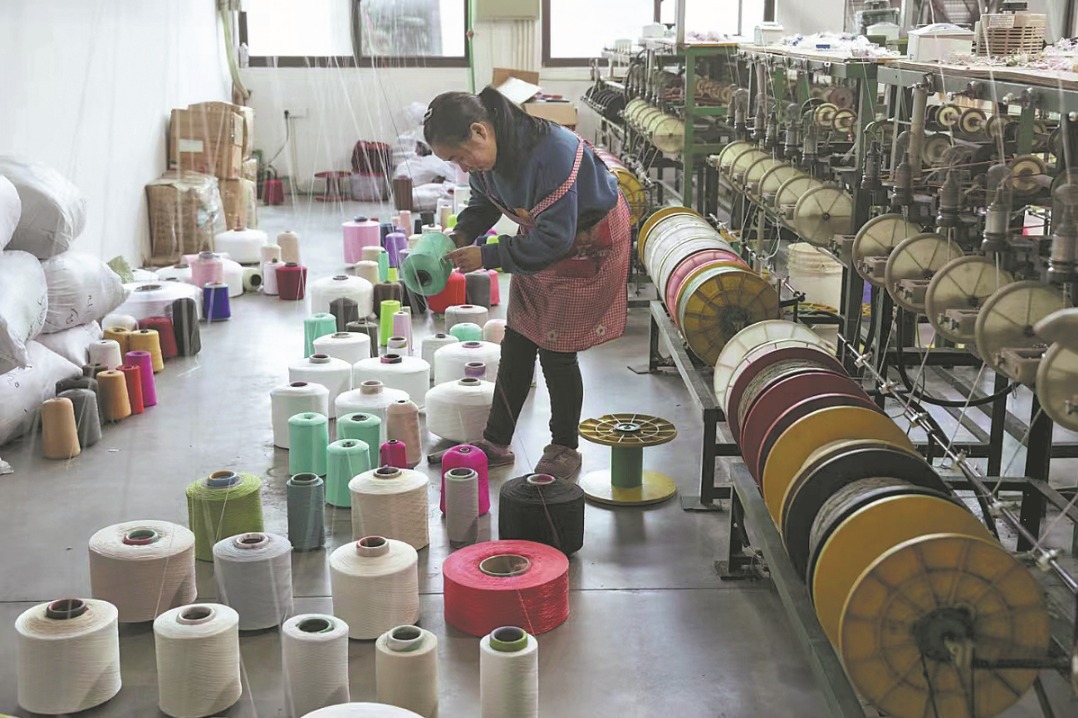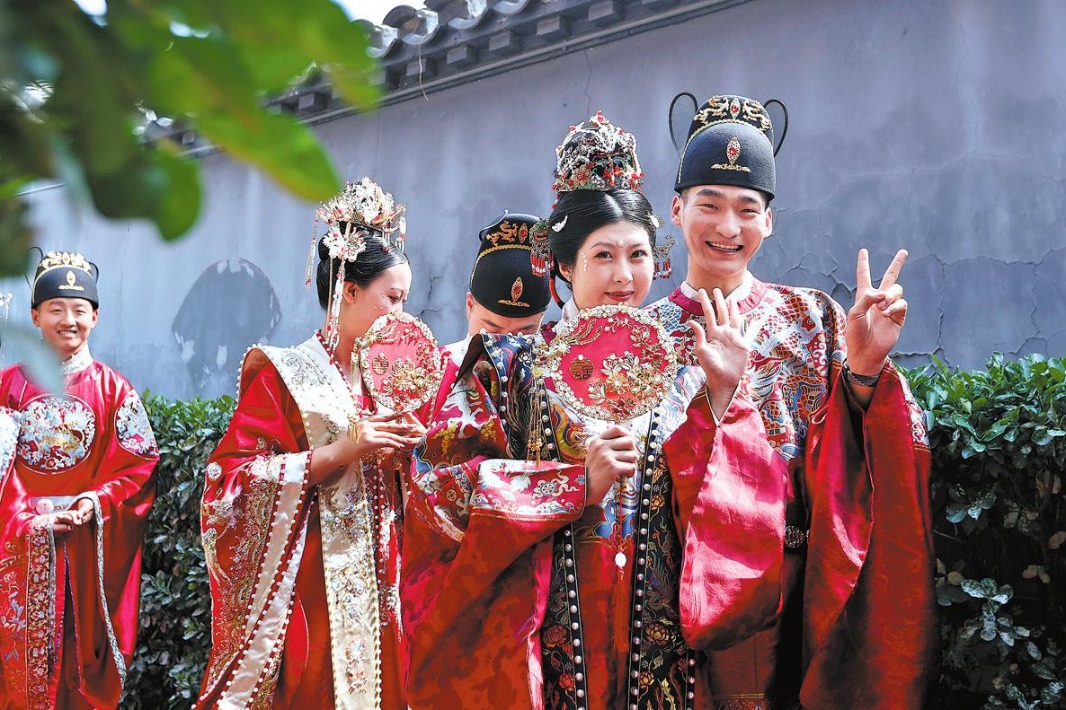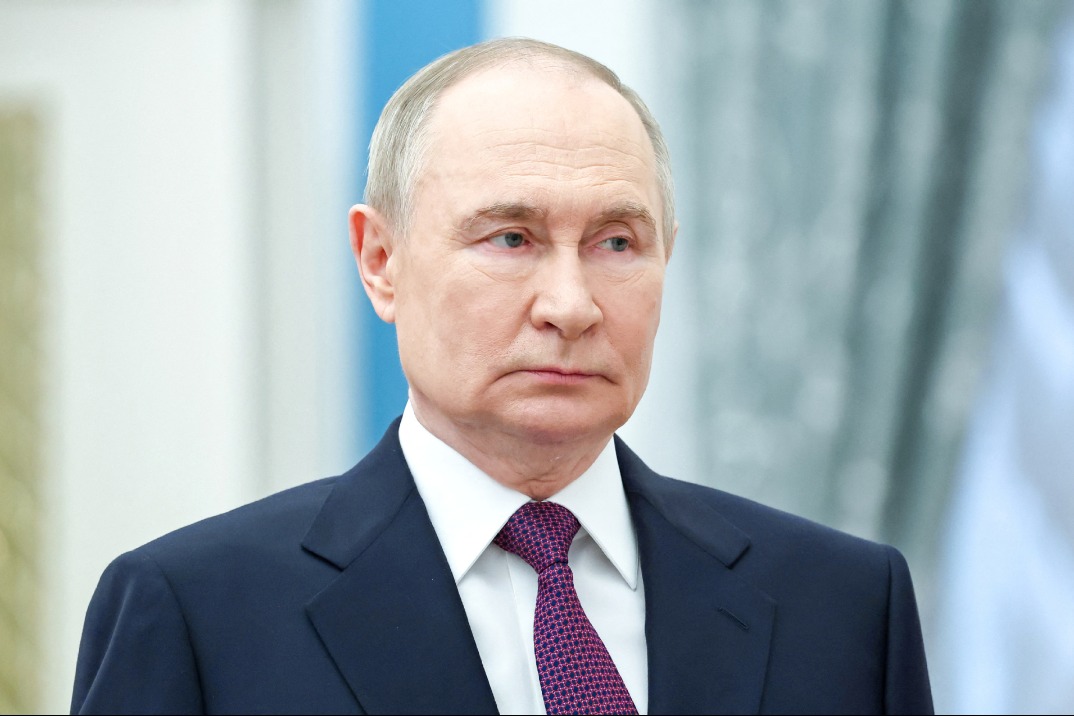For shame!

Awkward conversations and uncomfortable moments have become so common, they're almost a syndrome
Picture the scene: You're having a pleasant conversation when someone else joins in and says something awkward, inappropriate, or utterly irrelevant. An awkward silence follows - someone has to resurrect the conversation, even though everyone knows that things are now weird, but they're still talking and, oh God, why won't it stop?
In China, these moments are known as 尬聊 (gàliáo), literally "embarrassing chat", with 尬 (gà) from 尴尬 (gān gà, embarrassment) and 聊 (liáo) meaning "chat".
One famous offender is Chen Luyu, a TV host dubbed by some as "China's Oprah" due to her popular talk show A Date With Luyu, but who might as well be China's Alan Partridge for all her regular galiao moments. Once, when her guest Zhang Chaoyang, CEO of Sohu, described being "on a plane, watching the moon in the night sky, full of emotions…", Chen interrupted to ask, "How could you see the moon in the plane?""Because the plane has windows," Zhang politely explained, after a meaningful if brief pause. Viewers remarked “主持人又在尬聊了。” (Zhǔchí rén yòu zài gàliáo le. The host is embarrassingly chatting again.)
"Embarrassing talk" doesn't have to be one-sided: It can refer to any conversation that takes place in an excruciating atmosphere. This might be a bad date ("我们完全就是在尬聊。Wǒmen wánquán jiùshì zài gà liáo. We were totally embarrassingly chatting.") or an unsuccessful negotiation. ("什么也没谈成,就是在尬聊。 Shénme yě méi tán chéng, jiùshì zài gà liáo. Nothing was settled, just an embarrassing chat.")
And of course, embarrassment doesn't only exist in conversation. In daily life, a尬 (gā) prefixed verb can describe any kind of blunder. Terrible acting in a movie could be 尬演 (gàyǎn, embarrassing acting), implying that an actor's performance is so poor, viewers feel uncomfortable watching it. A flattering review of said film would accordingly be尬评 (gàpíng, embarrassing review), something so blatantly false it's shameful to read. Note that bad dancing may be called 尬舞 (gàwǔ, embarrassing dance), but the term 尬? can also refer a "break-dancing battle", which has nothing to do with a choreographic gaffe and actually predates the use of 尬 for embarrassments all and sundry.
With the term so commonly used, some people have begun to reflect on the fact that they feel embarrassed so frequently, it's almost a disease - 尴尬症(gāngà zhèng, embarrassment syndrome), or, more seriously, 尴尬癌 (gāngàái, embarrassment cancer). For instance, 听着他们尬聊,我尴尬癌都要犯了。(Tīngzhe tāmen gà liáo, wǒ gāngà ái dōu yàofànle. Listening to their embarrassing talk, my chronic embarrassment cancer strikes again.)
But unlike real cancer, there are straightforward cures to embarrassment, such as thinking before you speak, or just finding a new circle of friends.
Courtesy of The World of Chinese; www.theworldofchinese.com.cn
The World of Chinese
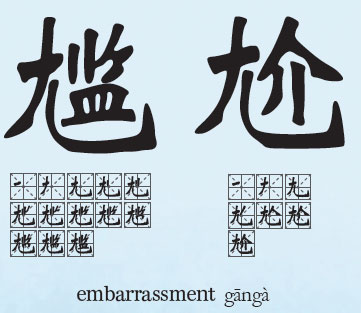
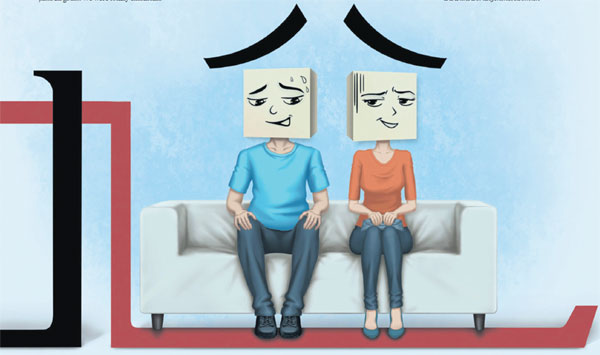
(China Daily Africa Weekly 10/13/2017 page23)
Today's Top News
- EU has much to learn from China-Global South ties
- Key role of Sino-German ties stressed
- Xi stresses high-quality cultural-ethical advancement
- Trump halts Harvard's intl student enrollment
- Xi's visit gives impetus to our work
- Financing support enhanced for micro, small companies




















